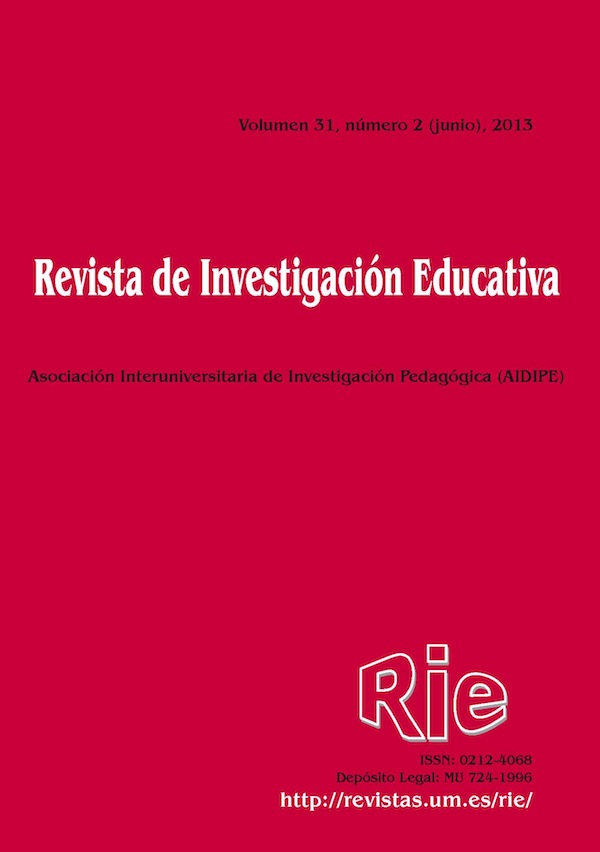Semantic technologies in online assessment: analysis of the use of OeLE
Supporting Agencies
- Fundación Séneca
Abstract
The key role of Information and Communication Technology (ICT) in universities is out of question. The fast development of ICTs has brought with it the creation of new teaching-learning environments in higher education. This paper shows the results of a study that made use of a software in order to conduct and assess short-answer online tests. The software also provided students with feedback on their performance. The study was carried out with a group of undergraduate Education students at the University of Murcia (Spain) enrolled in an online subject. The focus of the online assessment procedures introduced in this study was beyond multiple-choice tests traditionally used in online assessment. Results of this study not only showed the scope of online assessment, but also defined guidelines for evaluation in online courses. This research study is part of the “Semantic Environment for Personalized Learning” Project funded by the Fundación Séneca (Murcia, Spain).
Downloads
-
Abstract601
-
PDF (Español (España))376
The articles and scientific documents published in RIE abide the following conditions:
1. The Servicio de Publicaciones de la Universidad de Murcia (the publisher) has the property rights (copyright) of all the documents published and allows the reuse under the user’s license indicated in point 2.
2. All documents are published in the digital edition of RIE under a Creative Commons Reconocimiento-NoComercial-SinObraDerivada 4.0 Internacional. (legal document) license. These documents can be copied, used, distributed, communicated and explained publicly if: i) the author(s) and its original source of publishing (magazine, publisher and URL of the document) are cited; ii) it is not used for commercial purpose; iii) the existence and the specifications about this license are mentioned.
3. Auto-archive’s conditions. The authors are allowed and encouraged to digitally distribute the pre-print versions (a version before evaluation) and/or post-print (a version that it is already evaluated and accepted to its publication). This promotes circulation and distribution earlier and can increase the citations and significance within the academic community.










